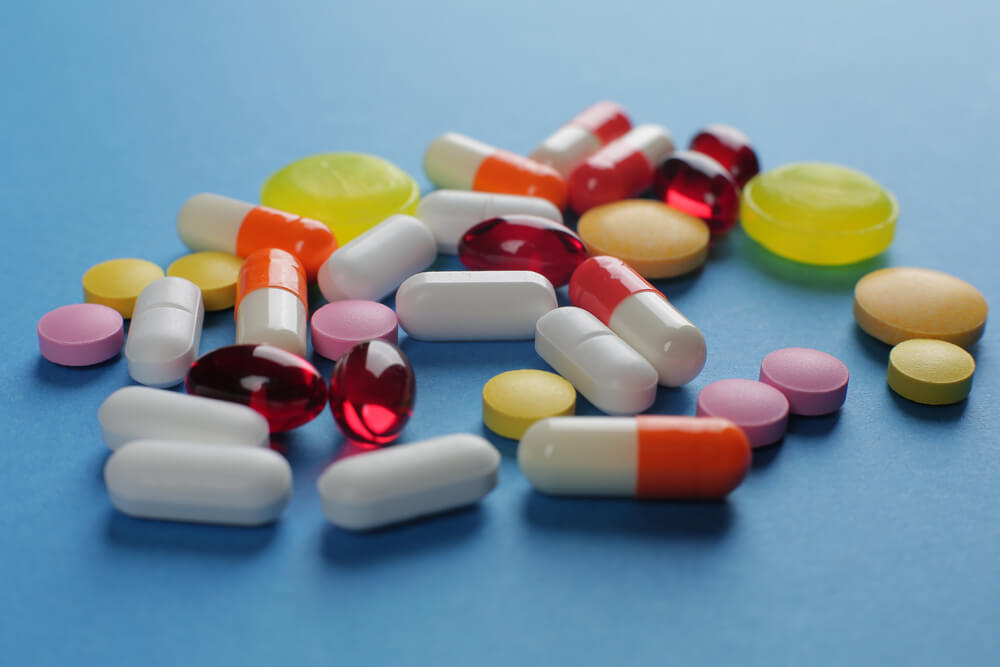Medication Matters in the Modern World
The pharmaceutical industry has become a predominant part of many Americans’ lives. We turn to prescription and over the counter drugs in our greatest time of need. Whether we are feeling ill, experiencing pain or discomfort, or have a physical or mental health condition that requires medical treatment, medications have been developed to provide comfort and relief from the symptoms and side effects of many medical conditions.
There are different classifications of drugs that are provided, including over the counter medications and prescription medications. In pharmacies, some of the most frequently asked questions are centered around the differences between prescription and over the counter drugs. While both have properties in them that are used to treat medical conditions and mental health conditions, the federal government classifies them differently due to the difference between over the counter and prescription medications.
